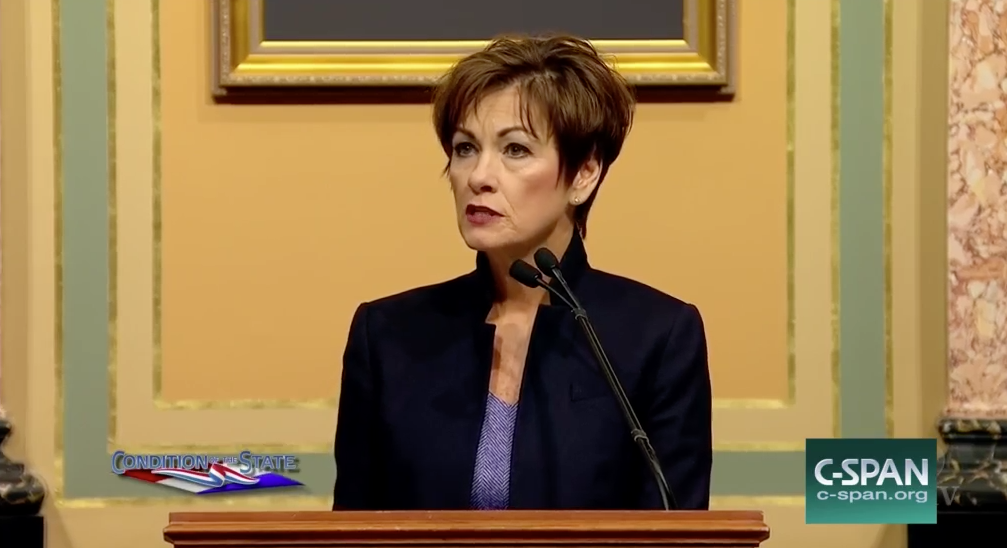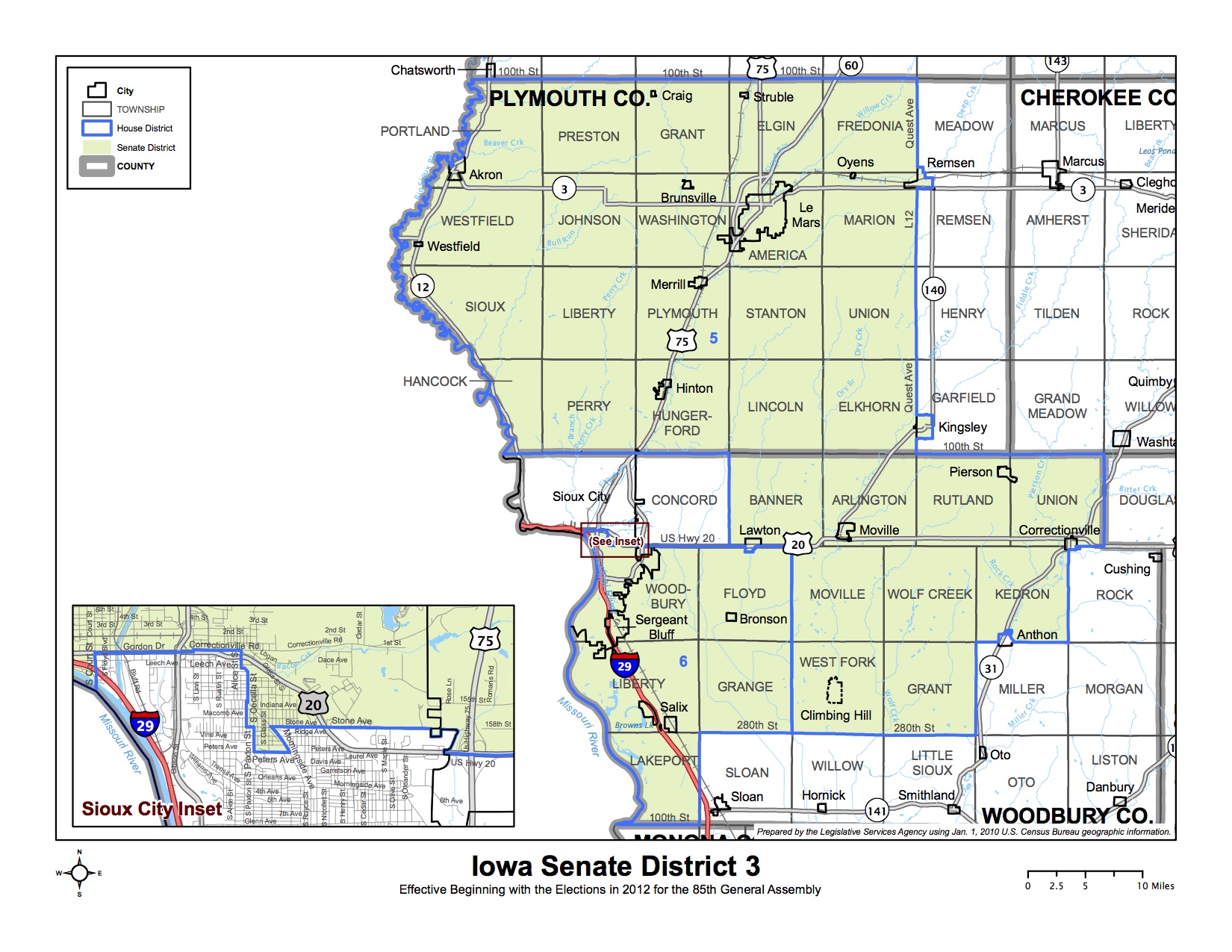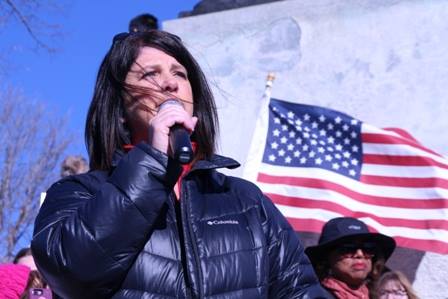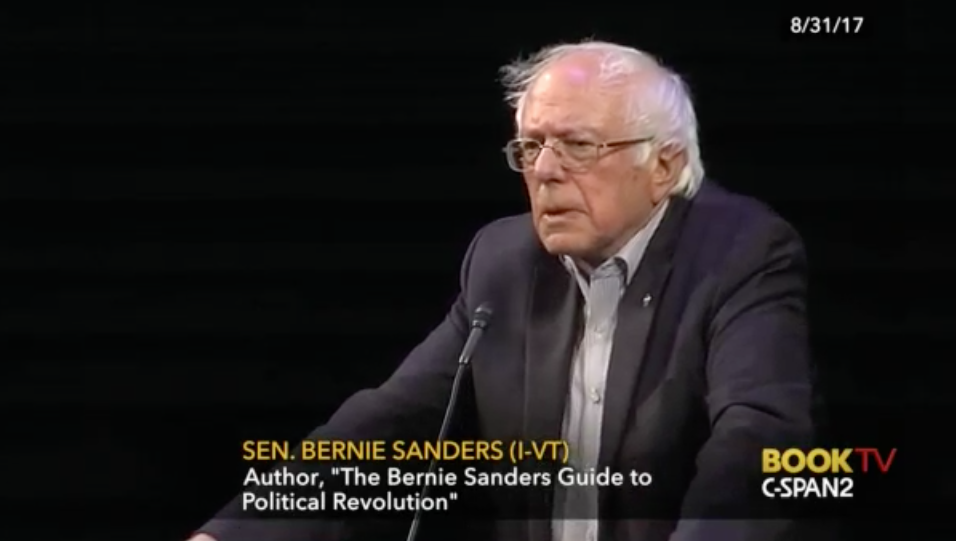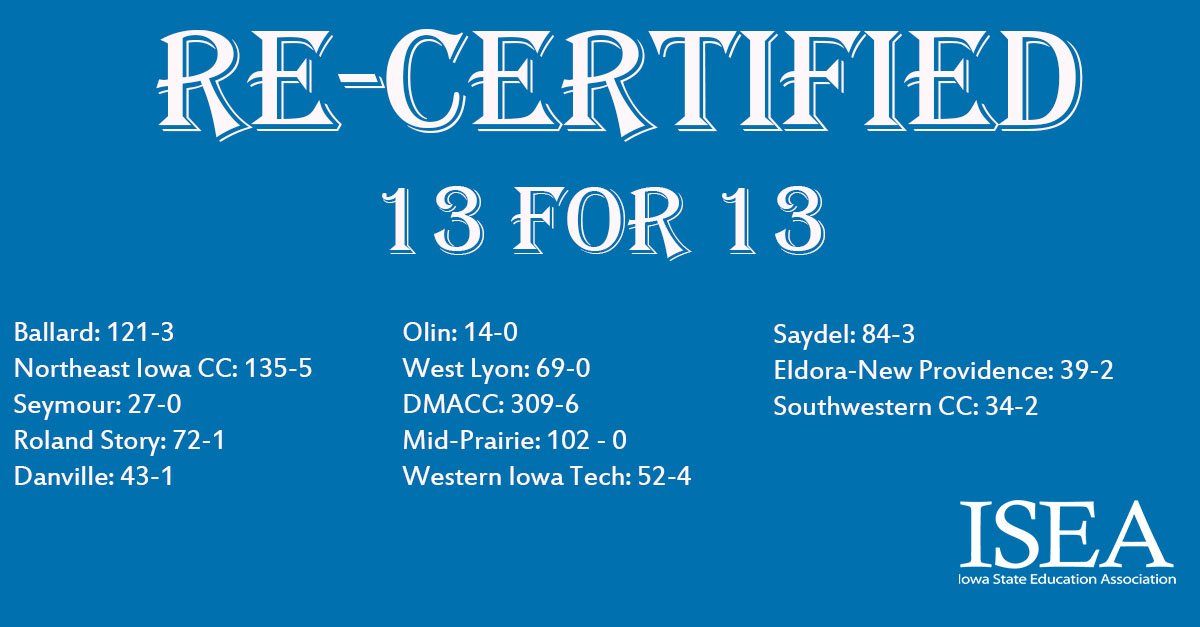Iowa House Republicans capitulated on January 23, sending the Senate’s version of a bill to fund water programs to Governor Kim Reynolds’ desk. During the floor debate on Senate File 512, several Democrats and Republican State Representative Chip Baltimore argued for the water quality language House members had approved last year with strong bipartisan support. Whereas agricultural lobby groups were the primary supporters of Senate File 512, a large number of stakeholders were involved in crafting the House amendment. Insisting on the House version would have sent the legislation to a conference committee for further negotiations. All 41 House Democrats and five Republicans (Baltimore, Mary Ann Hanusa, Jake Highfill, Guy Vander Linden, and Ralph Watts) opposed “receding” from the House version, but the other 54 Republicans approved the motion to abandon that language (roll call).
The subsequent 59 to 41 vote to approve final passage of the Senate bill mostly followed party lines, but four Democrats who represent smaller towns and rural areas voted yes: Bruce Bearinger, Helen Miller, Scott Ourth, and Todd Prichard. Miller has taken a particular interest in farm-related issues over the years; she is the Agriculture Committee Chair for the National Black Caucus of State Legislators as well as a member of State Agricultural and Rural Leaders.
Four Republicans joined the rest of the House Democrats to oppose Senate File 512: Baltimore, Hanusa, Highfill, and Vander Linden. As floor manager of this legislation in 2017, Baltimore led a group of GOP House members who opposed the Senate’s approach. More recently, he was sidelined as the Iowa Farm Bureau and allies pressured the “Baltimore 16” to accept the Senate bill without amendments. Appearing on Iowa Public Radio’s “River to River” broadcast on January 22, Baltimore sounded discouraged, saying there was a “snowball’s chance in hell” of a water quality compromise. His final words on that program called for “reasonable minds” to get something “comprehensive and collaborative done, rather than shoving one bill down another chamber’s throat and promising to work on it later.”
New floor manager John Wills promised passage of Senate File 512 would be “just the beginning, not the end” of legislative discussions on water quality. No one I know in the environmental community believes Republicans will approve any further funding increases for water programs, much less a bill that would measure progress so the public could find out what methods work best to reduce water pollution.
I enclose below some of the best takes I’ve seen on the worse-than-doing-nothing bill Reynolds will soon sign.







